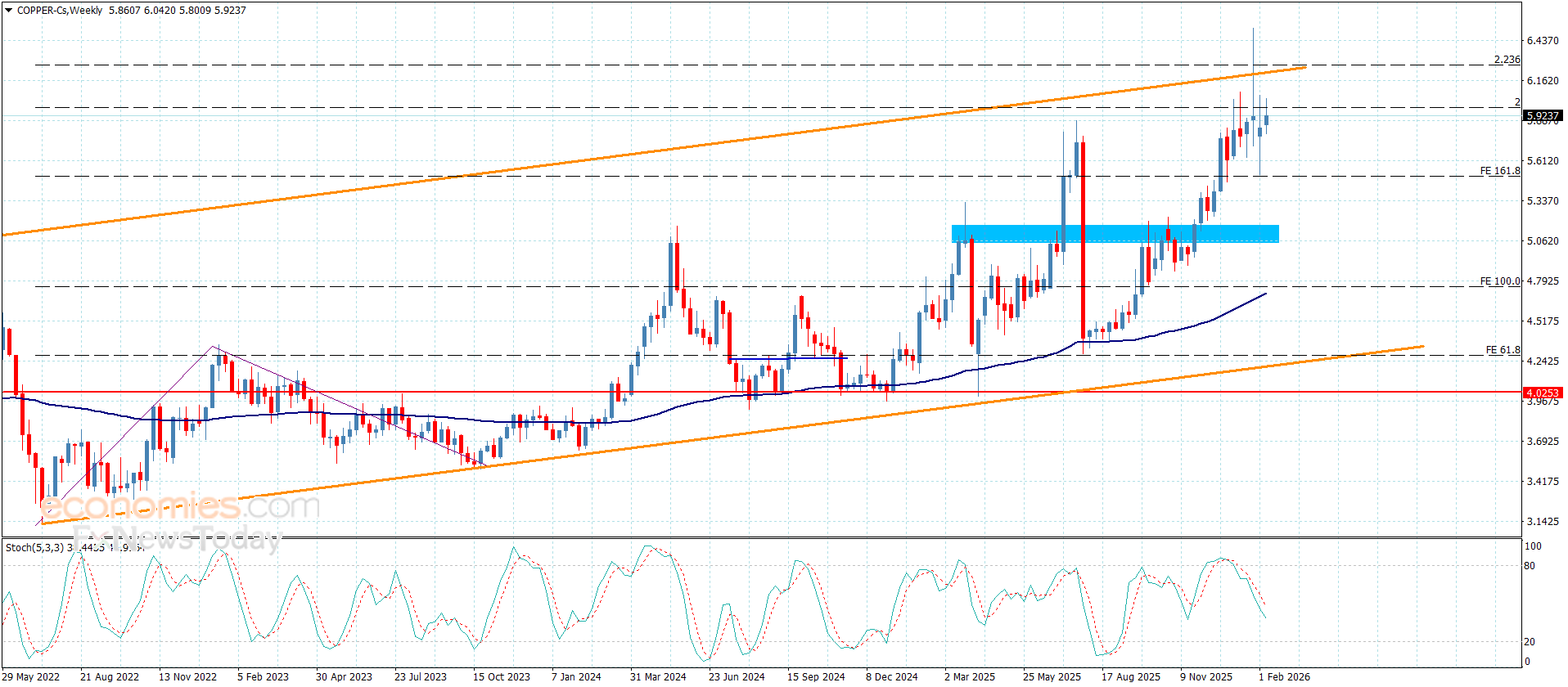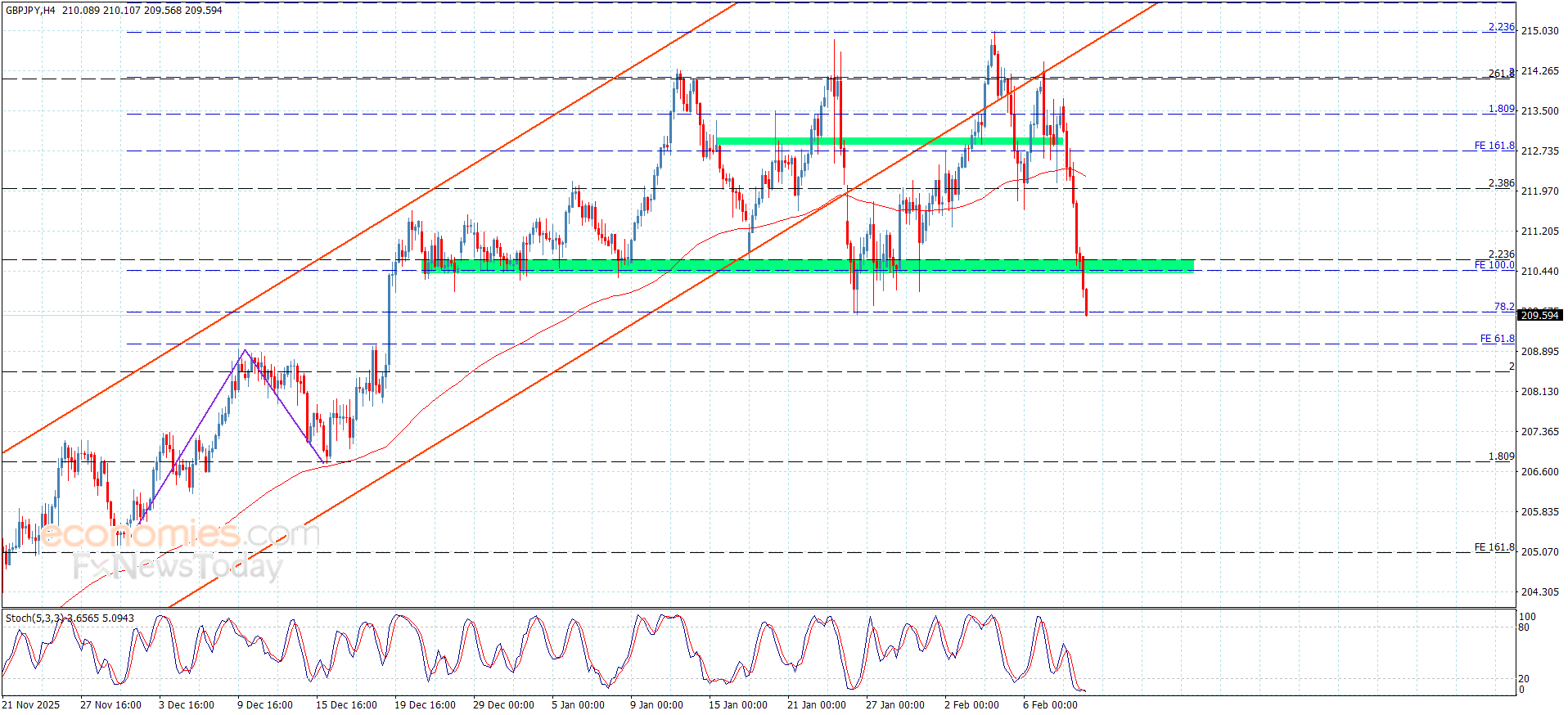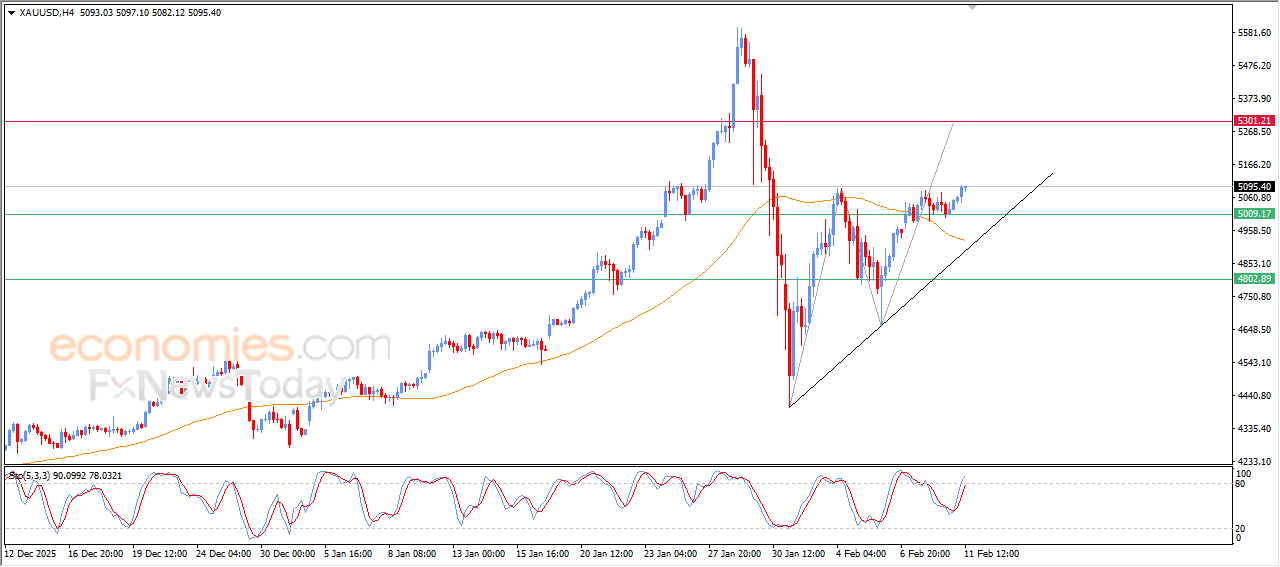Critical 181.00 Support Holds as Traders Brace for Potential 100-Day SMA Breakdown
BitcoinWorld
EUR/JPY Forecast: Critical 181.00 Support Holds as Traders Brace for Potential 100-Day SMA Breakdown
The EUR/JPY currency pair faces mounting pressure near the critical 181.00 psychological level as technical indicators signal potential vulnerability. Market participants across global financial centers now closely monitor whether the cross will break below its 100-day Simple Moving Average, a development that could trigger significant directional moves in early 2025 trading sessions.
EUR/JPY Technical Analysis: The 181.00 Battlefield
Traders observe the EUR/JPY pair trading within a narrowing range around 181.00. This level represents both psychological support and a convergence zone for multiple technical indicators. The 100-day Simple Moving Average currently sits just below this threshold, creating a crucial technical battleground. Meanwhile, daily charts reveal decreasing trading volumes, suggesting market indecision before a potential breakout.
Several technical factors contribute to the current vulnerability assessment. First, the Relative Strength Index hovers near neutral territory at 48.5, indicating neither overbought nor oversold conditions. Second, Moving Average Convergence Divergence shows bearish divergence on four-hour timeframes. Third, Bollinger Bands have contracted significantly, typically preceding substantial price movements.
Fundamental Drivers Impacting Euro-Yen Dynamics
Multiple fundamental factors influence EUR/JPY price action as we enter 2025. The European Central Bank maintains a cautious monetary policy stance amid persistent inflation concerns. Conversely, the Bank of Japan continues its measured approach to policy normalization. This divergence creates inherent volatility in the currency pair.
Global risk sentiment significantly impacts EUR/JPY flows. As a traditional risk barometer, the pair often strengthens during risk-on environments and weakens during risk-off periods. Recent geopolitical developments and commodity price fluctuations have increased cross-asset correlations. Furthermore, interest rate differentials between Eurozone and Japanese government bonds continue to drive institutional positioning.
Expert Analysis: Technical Perspectives on Key Levels
Market analysts emphasize the importance of the 100-day SMA as a critical technical threshold. Historically, sustained breaks below this moving average have preceded extended downtrends in EUR/JPY. The current price action suggests institutional traders await confirmation before committing to directional positions.
Support and resistance levels provide additional context for potential price movements. Immediate support exists at 180.50, followed by stronger support at 179.80. Resistance levels cluster around 181.50 and 182.20. A decisive break below 180.00 could accelerate selling pressure toward 178.50.
Historical Context and Comparative Analysis
The EUR/JPY pair has demonstrated specific behavioral patterns around the 100-day SMA throughout its trading history. During 2023, the pair respected this moving average as dynamic support on three separate occasions. However, 2024 witnessed two breaches that resulted in 300-pip movements within subsequent trading sessions.
Comparative analysis with other yen crosses reveals correlation patterns. USD/JPY and GBP/JPY movements often provide leading indicators for EUR/JPY directionality. Currently, all major yen pairs show similar technical compression, suggesting synchronized movements may occur following breakout events.
| Level | Type | Significance |
|---|---|---|
| 181.50 | Resistance | Previous swing high |
| 181.00 | Psychological | Current battleground |
| 180.50 | Support | Recent consolidation low |
| 180.00 | Psychological | Major round number |
| 179.80 | Support | 100-day SMA |
Trading Volume and Market Participation Analysis
Recent trading sessions show declining volumes in EUR/JPY markets. This development typically precedes significant price movements as liquidity providers reduce exposure before potential volatility events. Institutional participation remains below average, while retail trader positioning shows increased long exposure according to latest Commitment of Traders reports.
Several factors contribute to current volume patterns. First, seasonal liquidity reductions affect year-end trading activity. Second, major economic data releases scheduled for early 2025 cause temporary positioning adjustments. Third, option market dynamics reveal increased demand for downside protection at 180.00 strike prices.
Risk Management Considerations for Traders
Professional traders emphasize specific risk management approaches during current market conditions. Position sizing should account for potential increased volatility following technical breaks. Stop-loss placement requires careful consideration of false breakout scenarios common around major moving averages.
Key risk management principles apply particularly to EUR/JPY trading now:
- Wider initial stops to accommodate pre-breakout volatility
- Reduced position sizes until directional confirmation occurs
- Multiple timeframe analysis to identify confluence zones
- Correlation awareness with related currency pairs
Economic Calendar Events Impacting Near-Term Direction
Several upcoming economic releases could catalyze EUR/JPY movements. Eurozone inflation data remains crucial for European Central Bank policy expectations. Japanese wage growth figures significantly influence Bank of Japan normalization timing. Additionally, global manufacturing PMI data affects risk sentiment and yen flows.
The economic calendar shows concentrated event risk in early 2025. This clustering of fundamental catalysts increases probability of technical breakouts. Traders should monitor these events for potential volatility expansion beyond current compressed ranges.
Conclusion
The EUR/JPY forecast highlights critical technical vulnerability near 181.00 as traders await potential break below the 100-day SMA. Multiple technical indicators suggest compressed energy preceding directional resolution. Fundamental divergences between Eurozone and Japanese monetary policies create underlying tension. Market participants should prepare for increased volatility while maintaining disciplined risk management approaches. The coming sessions will determine whether current support holds or whether the pair embarks on a new directional trend.
FAQs
Q1: What does the 100-day SMA represent in EUR/JPY trading?
The 100-day Simple Moving Average represents a key technical indicator that institutional traders monitor for trend direction. Historically, sustained breaks below this level have signaled medium-term bearish momentum shifts in EUR/JPY price action.
Q2: Why is 181.00 considered a psychological level?
Round numbers like 181.00 attract significant attention from market participants due to their psychological importance. These levels often concentrate stop-loss orders, option barriers, and institutional interest, creating natural support or resistance zones.
Q3: How do interest rate differentials affect EUR/JPY?
Interest rate differentials between Eurozone and Japanese government bonds create carry trade incentives. Wider differentials typically support EUR/JPY appreciation as investors seek higher yields, while narrowing differentials often pressure the pair lower.
Q4: What technical indicators confirm EUR/JPY vulnerability?
Multiple technical indicators suggest vulnerability, including bearish MACD divergence on four-hour charts, declining trading volumes, Bollinger Band contraction, and RSI failure to reach overbought territory during recent rallies.
Q5: How should traders approach potential breakouts?
Traders should wait for confirmed closes beyond key technical levels rather than anticipating breaks. Risk management should include wider stops to account for false breakouts and reduced position sizes until directional momentum confirms.
This post EUR/JPY Forecast: Critical 181.00 Support Holds as Traders Brace for Potential 100-Day SMA Breakdown first appeared on BitcoinWorld.









